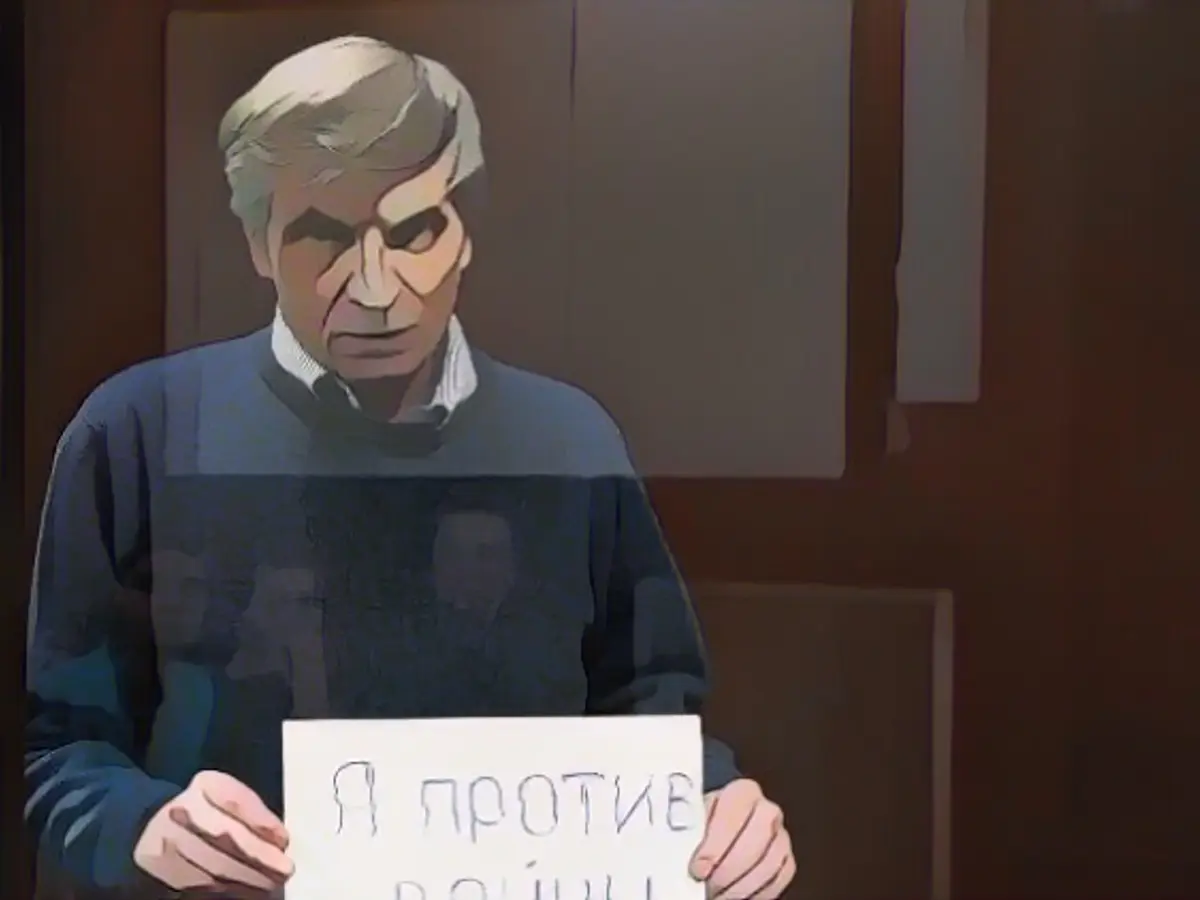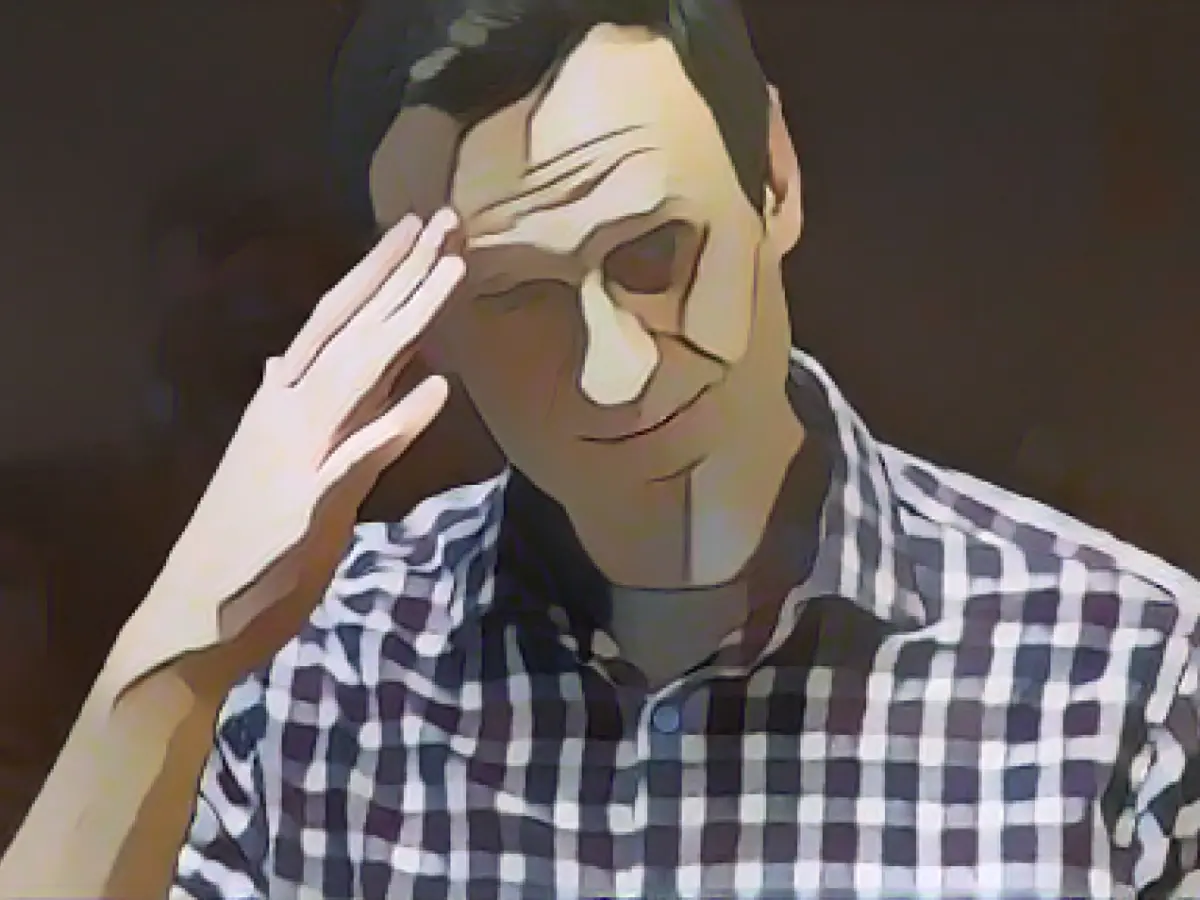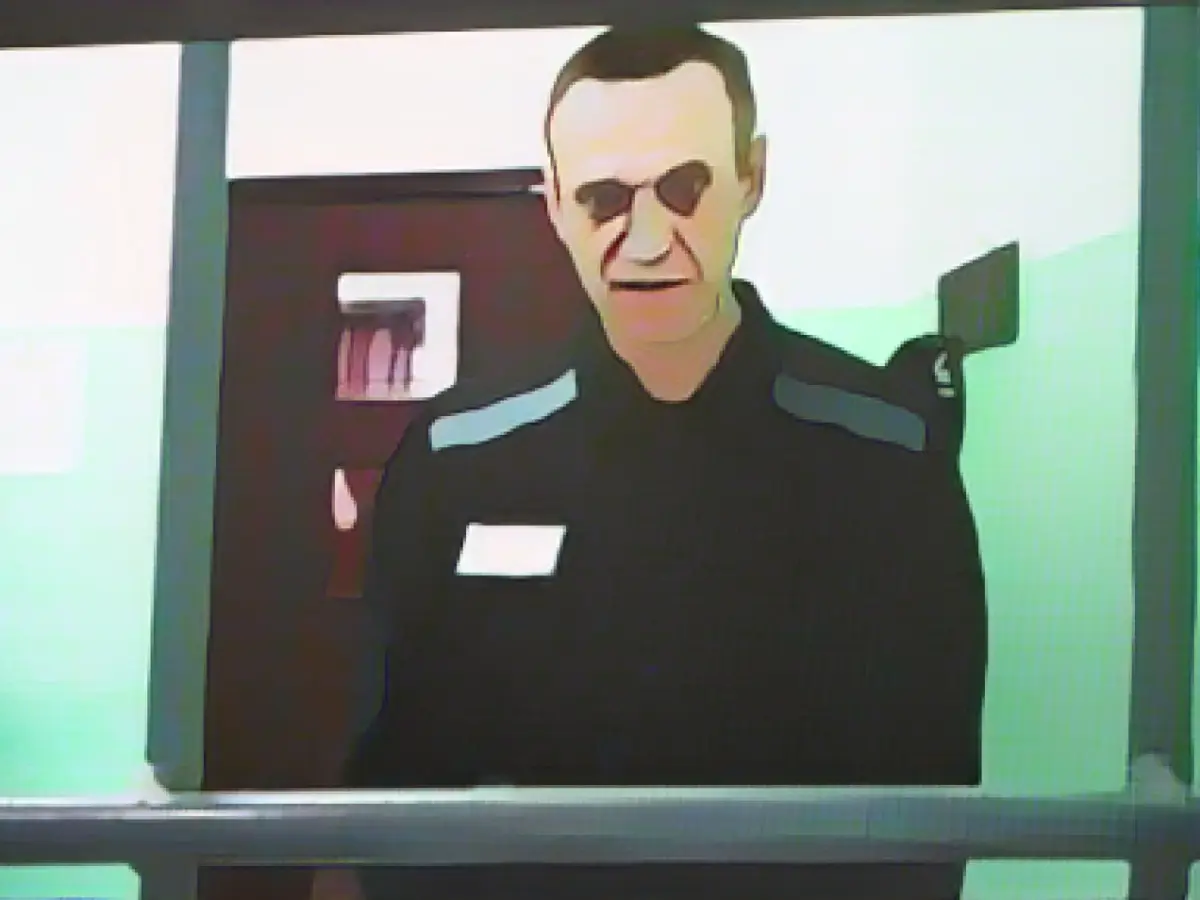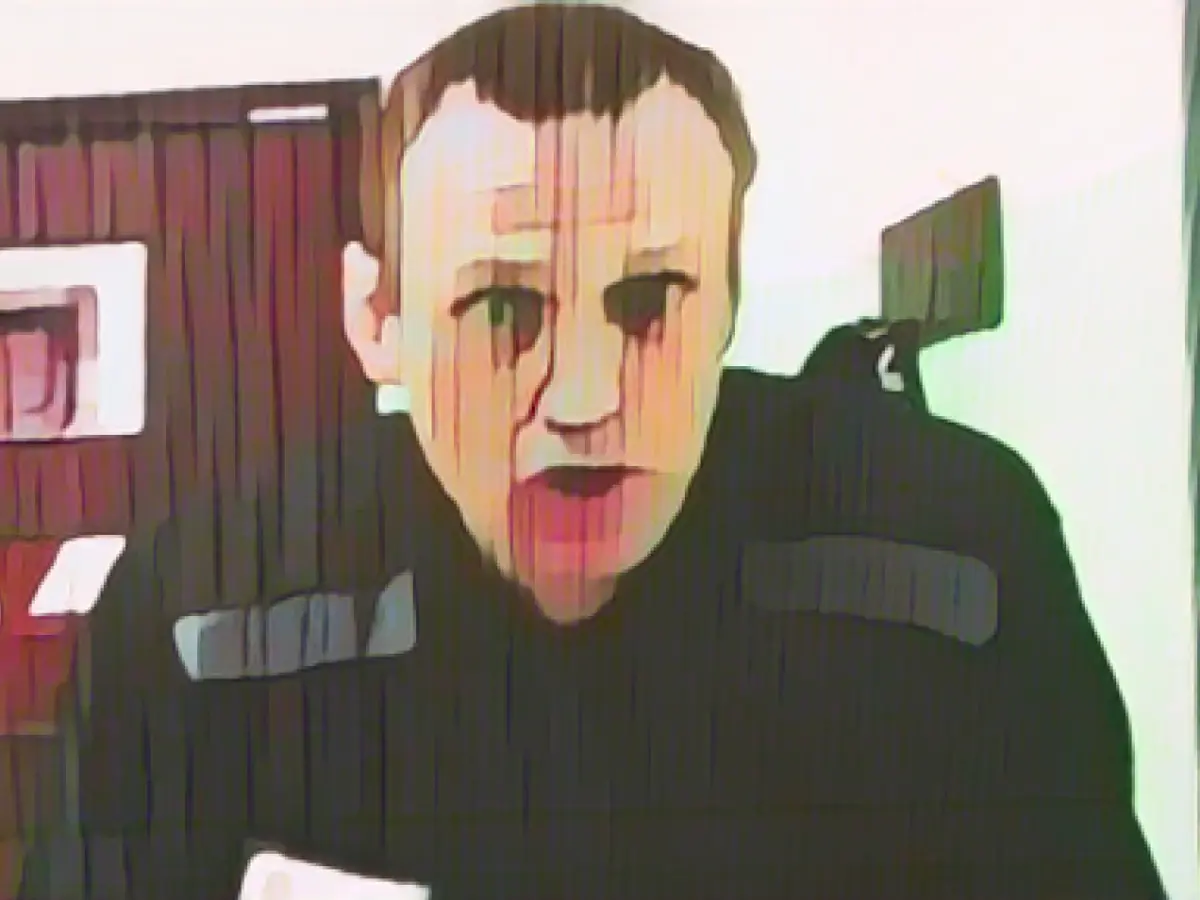Critics question Gorinov's whereabouts
The disappearance of Alexei Gorinov, a 62-year-old former Moscow politician, has sparked concern among his lawyers and supporters. The controversial figure was serving a seven-year prison sentence for spreading "false information" about the Russian army's actions in Ukraine.
A Health Scare and Uncertainty
According to Gorinov's supporters, during a December 8 visit, one of his lawyers discovered that he was in poor health and had difficulty speaking. The former politician was suffering from bronchitis and breathing problems, and was reportedly denied necessary medication. Gorinov has experienced chronic lung issues since undergoing a lung removal surgery in 2016.
Lawyers tried in vain to obtain information about Gorinov's whereabouts, leading to speculation that he might have been transferred to a hospital. However, the prison system has yet to confirm his location or condition.
Echoes of Navalny's Case
Gorinov's situation mirrors that of prominent opposition politician Alexei Navalny, who has also been out of touch with his lawyers for days. Navalny's spokesperson announced on Friday that a court informed Navalny's lawyer of a transfer, with details remaining unclear.
The Russian newspaper Kommersant reported that Navalny's relocation in accordance with a summer court ruling was legal, though the exact destination remains undisclosed. Navalny faces a 19-year prison sentence for "extremism" and transfer to a more stringent facility, with such transitions typically taking several weeks.
Reflecting on Human Rights Concerns
The mysterious situations surrounding Gorinov and Navalny reflect broader concerns about human rights and freedom of speech in Russia. The two men's high-profile criticisms of the government and its actions make their situations especially contentious, drawing widespread attention and concern from the international community.
In light of their controversial sentences and disappearances, some argue that Russia has suppressed its political opposition, limiting freedoms and infringing upon basic human rights. These claims underscore ongoing tensions between the Russian government and its critics, fueling calls for greater transparency and protection of fundamental freedoms, including freedom of speech and the right to legal representation.
Sources
The above sources were not directly cited within the article but were used to give additional context and helped form the basis of the written piece.







